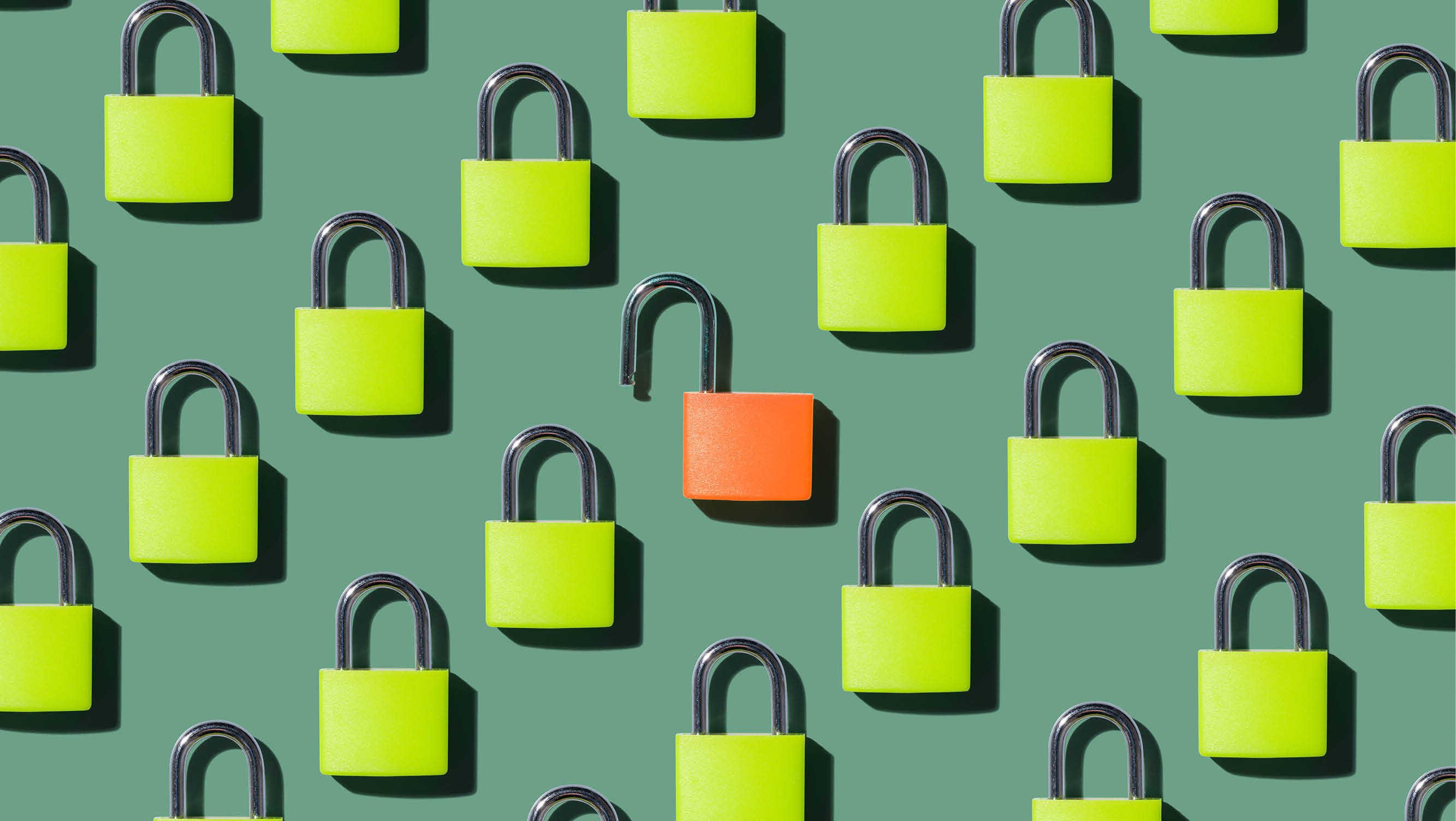In today's rapidly evolving digital landscape, e-learning platforms have become a vital component of education systems worldwide. As the popularity of online learning continues to soar, so does the importance of ensuring the cyber security of these platforms. E-learning platforms store and transmit sensitive data, such as user information and intellectual property. If this data is compromised, it can have a devastating impact on the learners and their employers.
There are several cyber security threats that e-learning platforms face, including:
- Data breaches: Data breaches occur when hackers gain unauthorised access to a system and steal data. This can include user information, financial data, and intellectual property.
- Malware: Malware is software that is designed to harm a computer system. It spreads through email attachments, malicious websites, and other means. Malware can steal data, damage files, or even take control of a computer system.
- Phishing: Phishing is a type of social engineering attack in which hackers send emails that appear to be from a legitimate source. The emails often contain links that, when clicked, take the user to a fake website that looks like the real website. Once the user enters their personal information on the fake website, the hackers can steal it.
According to the UK government, there were 2.39 million instances of cybercrime and approximately 49,000 instances of fraud as a result of cybercrime in the last 12 months.
Find out about the significance of cyber security in e-learning platforms, highlighting the need for robust measures such as Cyber Essentials Plus and Cyber Safety to protect the integrity, privacy, and reliability of online education.
Cyber security: the cornerstone of e-learning platforms
In the face of growing cyber threats, e-learning platforms must implement comprehensive security measures to combat potential attacks. The UK government recommends organisations adhere to guidance such as 10 Steps to Cyber Security and the government-endorsed Cyber Essentials standard.
An enhanced standard, like Cyber Essentials Plus, provides an industry-standard certification, that offers a holistic approach to security. It focuses on five key areas: boundary firewalls and internet gateways, secure configuration, user access control, malware protection, and patch management.
By adhering to these essential security practices, e-learning platforms can significantly reduce the risk of breaches and protect the sensitive information of students and educators.
Cyber safety: prioritising online wellbeing
While cyber security primarily deals with protecting e-learning platforms from external threats, cyber safety is equally crucial for ensuring a safe and secure online environment. Cyber safety involves implementing measures to safeguard users against online harassment, cyberbullying, and inappropriate content.
E-learning platforms must prioritise user education, raise awareness about responsible online behaviour and provide tools for reporting and blocking harmful activities. This could include encouraging learners to:
- Use strong passwords: Passwords should be at least 12 characters long and include a mix of upper and lowercase letters, numbers, and symbols.
- Be careful about what information they share online: Don't share their personal information, such as their Social Security number or bank account number.
- Be aware of the latest cyber security threats: Stay up-to-date on the latest cyber security threats by reading security blogs and following security experts on social media.
By fostering a culture of cyber safety, e-learning platforms can create a positive and secure digital space for all participants.
Protecting sensitive data: privacy and confidentiality
E-learning platforms deal with vast amounts of personal and sensitive data, including student records, assessment results, and financial information. Protecting this data is paramount to maintaining trust and integrity within the online learning ecosystem.
Cyber security measures, such as encryption, access controls, and secure storage, are vital for preserving the privacy and confidentiality of this information. Additionally, e-learning platforms should comply with relevant data protection regulations, such as the General Data Protection Regulation (GDPR), to ensure the lawful and ethical handling of user data.
Mitigating disruptions: ensuring reliable access to learning
Cyber attacks can disrupt the availability and accessibility of e-learning platforms, hampering the educational process. Downtime can lead to missed deadlines, loss of learning materials, and a negative impact on learners’ overall progress.
Implementing robust backup systems, redundancy measures, and disaster recovery plans can help mitigate the effects of cyber-attacks and minimise disruptions. By ensuring reliable access to learning materials and maintaining the platform's availability, e-learning platforms can deliver uninterrupted educational experiences.
Building trust and confidence
The reputation of an e-learning platform rests on its ability to provide a secure and trustworthy environment. By prioritising cyber security, e-learning providers can build trust and confidence among students, educators, and institutions. A strong security framework demonstrates a commitment to protecting users' interests and fosters an environment conducive to learning. Additionally, transparent communication regarding security measures, data handling practices, and incident response protocols further enhances the e-learning providers’ credibility and strengthens trust with learners and their employers.
As e-learning platforms continue to revolutionise the education landscape, cyber security becomes an indispensable aspect of their operation. By implementing robust measures such as Cyber Essentials Plus and prioritising cyber safety, platforms can protect user data, ensure reliability, and foster a secure online environment.
With a strong security foundation, e-learning platforms can build trust, inspire confidence, and contribute to a resilient and thriving digital education ecosystem. As we embrace the digital future, cyber security is a collective responsibility that must be upheld to safeguard the potential of online learning.
















